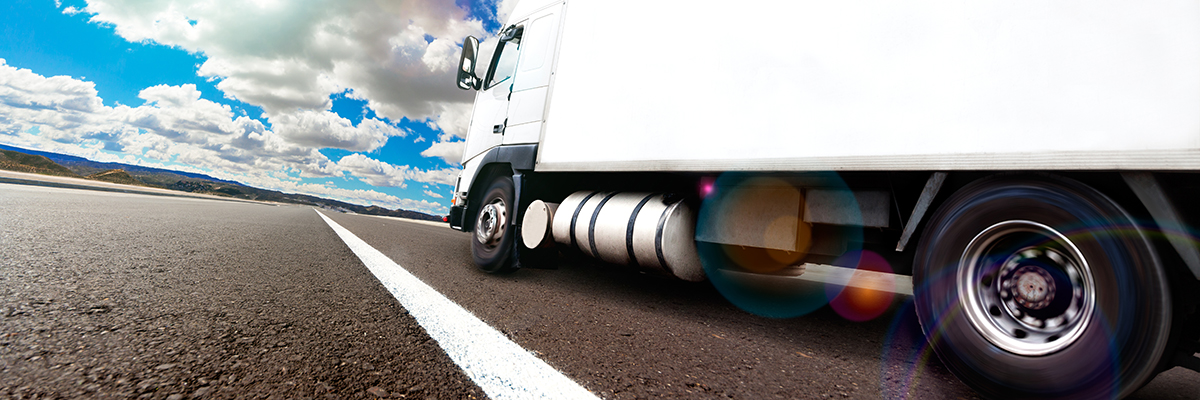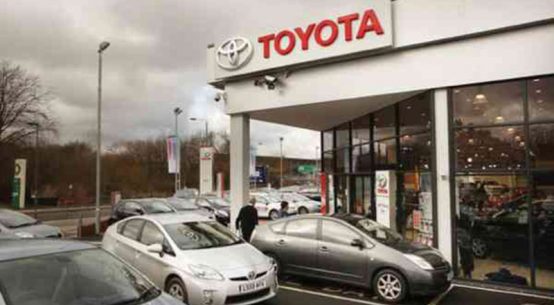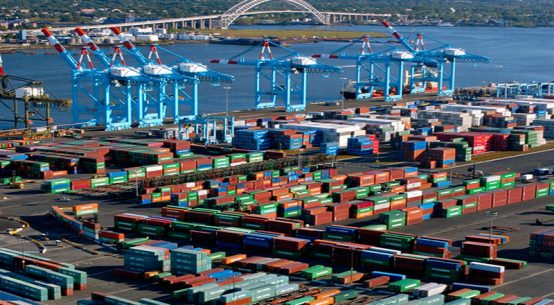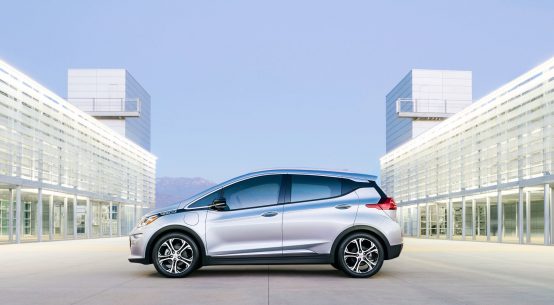

Forbes magazine has published its 2017 edition of top largest companies in the world and in the list are some of the global and regional brands in transportation.
The FORBES Global 2000 is an annual ranking of the world’s largest, most powerful public companies, based on equally-weighted measures of revenue, profits, assets and market value. The world’s 25 biggest transportation companies include 10 airlines from 5 countries, 9 railroads from 6 countries and 3 couriers
Whether it’s planes, trains or airplanes, the business of moving people and packages around the world is booming as products sold online rely on global transportation networks and the world becomes ever-more interconnected.
When it comes to global players, United Parcel Service continues to lead the way, topping the 2017 Forbes Global 2000 ranking of the world’s largest transportation companies. The company, which boasted a record $61 billion in annual revenues last year continues to benefit from steady domestic and international package growth as shoppers increasingly shift their spending to e-commerce platforms such as Amazon.com and eBay. UPS has adapted to this change in consumer spending, building a supply chain and freight operation that is now the fastest-growing piece of the $90 billion market cap behemoth.
Transportation takes other forms; Omaha, Nebraska-based railroad Union Pacific takes the #2 spot in Forbes’ ranking after it pulled in nearly $20 billion in annual sales and an over $4.2 billion profit. Anything from grains and biofuels, to shipping containers, new cars, chemicals, coal and lumber travel on Union Pacific’s 32,100 miles of rail track and 8,5000 locomotives. The 150-year old railroad traces back to the so-called ‘Golden Spike’ and weaves through 23 states across the western United States, connecting into Mexico.
At #3 is Delta Airlines, the largest airline in the United States with nearly $10 billion in annual revenues and a fleet of 832 planes that account for nearly 50 billion passenger miles flown annually. A recovering U.S. economy means planes are more packed than ever as American’s bump up their spending on travel and leisure. Millennials are a tailwind, more likely to spend on a cross-country flight than a big-ticket department store purchase.
Wall Street is beginning to pay attention to this sector, once treated like dead money by the world’s smartest investors. Warren Buffett made a major bet on railroads coming out of the financial crisis when he acquired Burlington Northern for nearly $30 billion, now he’s taking to the skies. In past year, Buffett’s spent over $10 billion buying up shares in airlines like Delta, American Airlines (#7), UnitedContinental (#9) and Southwest (#10).
Rounding out the top-5 in the Forbes Global 2000 for transportation are FedEx and Germany’s national carrier Deutsche Post. Of course, transportation isn’t a local game. Airlines, railroads, shipping firms and couriers are among the biggest and most critical companies globally.
National champions include Tokyo-based East Japan Railway leads Asian transport companies at #6 on the Forbes Global 2000 Transport list. Other transport giants in Asia include Central Japan Railway, China Eastern Airlines, Chinese Southern Airlines, Japan Airlines and Daqin Railway. Canada is led by railroad Canadian National, while Denmark’s Moller-Maersk is the only shipper to make the top-25. Spain’s Abertis (#22) is a conglomeration of road and transport assets as is Italy’s Atlantia (#18).
Culled from Forbes








